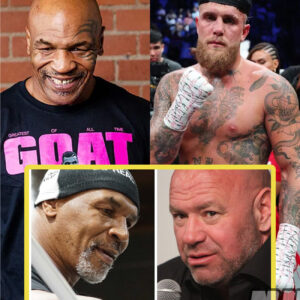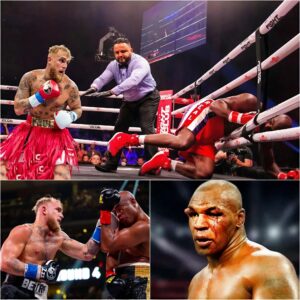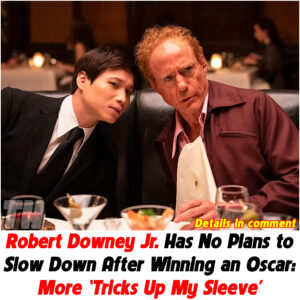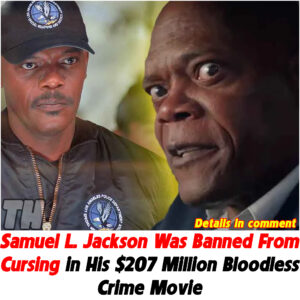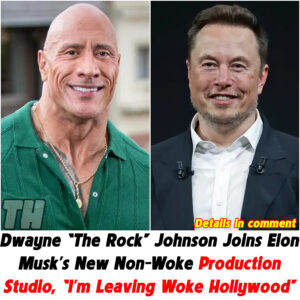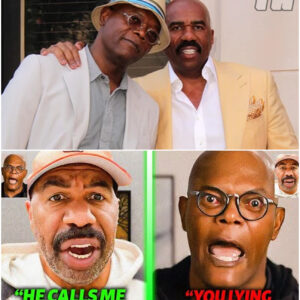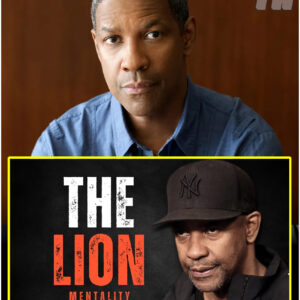In recent years, a controversial debate has emerged surrounding the influence of Hollywood.
On black entertainers, particularly regarding the issue of wearing dresses on screen.

The debate has ignited discussions about integrity, boundaries, and the pursuit of fame in the entertainment industry.
At the center of this debate are two prominent comedians: Kevin Hart and Dave Chappelle.
Dave Chappelle, known for his fearless comedy and outspoken views, has been vocal about the pressures he faced in Hollywood.
He famously walked away from a lucrative contract with Comedy Central, citing concerns about compromising his artistic integrity.
Chappelle’s refusal to conform to Hollywood’s demands shed light on the darker side of the industry, where success often comes at a cost.
One of the issues Chappelle raised is the practice of black male entertainers being asked to wear dresses on screen.
He recounted his own experience of being pressured to wear a dress during the filming of a movie, despite his discomfort with the idea.
Chappelle’s refusal to comply with this request highlighted the broader issue of black actors being subjected to stereotypes and caricatures that perpetuate negative stereotypes.
In contrast, Kevin Hart, another highly successful comedian, has faced scrutiny for his willingness to conform to Hollywood’s demands.
Despite previously expressing reluctance to wear a dress on screen, Hart ultimately appeared in a Saturday Night Live sketch wearing a dress.
This decision sparked criticism from fans and fellow comedians, who accused him of sacrificing his principles for fame and success.

The debate surrounding Hart’s decision raises questions about the lengths to which entertainers are willing to go to advance their careers.
While some argue that Hart’s success is a result of his talent and hard work, others.
Believe that his willingness to conform to Hollywood’s expectations has compromised his integrity.
The issue of black entertainers wearing dresses on screen is not new. It has been a longstanding practice.
In Hollywood, with many comedians and actors being asked to portray exaggerated and often offensive caricatures of black women.
This practice perpetuates harmful stereotypes and reinforces negative perceptions of black masculinity.
Moreover, the debate surrounding Hart’s decision to wear a dress highlights broader issues of representation and agency in the entertainment industry.
Black entertainers are often faced with limited opportunities and are forced to navigate a landscape dominated by stereotypes and racial biases.
In conclusion, the debate surrounding Kevin Hart, Dave Chappelle, and Hollywood’s influence on black entertainers is complex and multifaceted.
It raises important questions about integrity, representation, and the pursuit of fame in the entertainment industry.
While some argue that entertainers should prioritize their principles and values above all else, others believe that success often requires compromise and sacrifice.
Ultimately, the debate underscores the need for greater diversity and inclusivity in Hollywood, where black voices are heard and respected.
News
(VIDEO) Dana White REACTS to Mike Tyson vs Jake Paul POSTPONED FIGHT
**Anderson Silva and Chael Sonnen: From Boxing Match to Hall of Fame Induction** In an unexpected turn of events, former MMA rivals Anderson Silva and Chael Sonnen…
(VIDEO) Mike Tyson Just ANNIHILATED Jake Paul And WARNED To FINISH Him!
**Iron Mike vs. The Problem Child: The Showdown of Eras** The boxing world is abuzz with the upcoming clash between two unlikely adversaries: the legendary Mike Tyson…
(VIDEO) MIKE TYSON SCARY NEW FOOTAGE!👀(FULL TRAINING) Mayweather, Lennox & Joe Rogan WORRIED for JAKE PAUL??
### Mike Tyson vs. Jake Paul: The Fight That Never Was The world of boxing thrives on spectacle, and few events captured the public’s imagination like the…
(VIDEO) Joe Rogan Just RIPPED Jake Paul After He Quit Mike Tyson Fight
### Jake Paul vs. Mike Tyson: The Fight That Never Was In a world where spectacle often triumphs over substance, Jake Paul’s announcement to fight Mike Tyson…
(VIDEO) Floyd Mayweather Just WARNED Jake Paul To CANCEL Might Tyson Fight
### Jake Paul vs. Mike Tyson: The Looming Showdown and Floyd Mayweather’s Dire Warning In the ever-dramatic world of boxing, a potential clash between social media sensation…
(VIDEO) Joe Rogan Just EXPOSED Jake Paul With LEAKED Audio Files For BRIBING The Referee
In an unexpected twist, a leaked video has surfaced showing a private match between Jake Paul and Mike Tyson, revealing that Paul had to pay approximately $100…
End of content
No more pages to load
